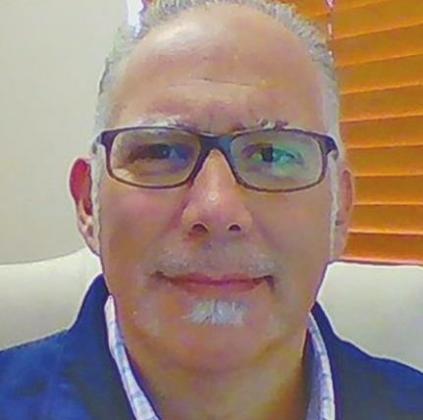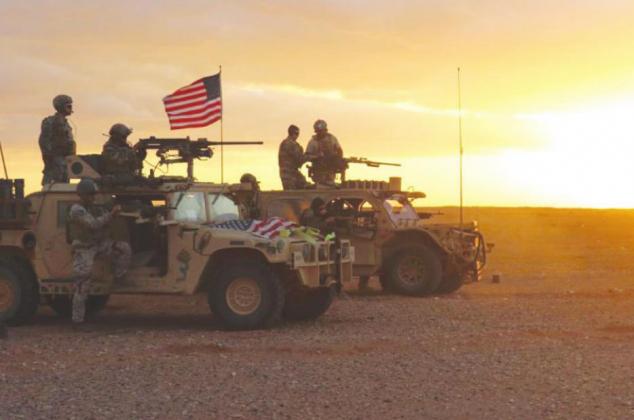Learn as much as you can about the veterans in your life. It will be worth your time.
Nothing good ever seems to happen at 3 a.m.
Yet, there I was. On guard duty, in the middle of the night in the Iraq desert.
It was late February in 1991. The United States and Coalition Forces had just launched the ground war against Iraq in Persian Gulf War. Our forces pounded Saddam Hussein and his forces for six weeks with a relentless shock-and-awe aerial assault that strategically damaged his positions.
The ground-and-pound portion of Operation Desert Storm would ultimately last just days, but still tensions are always high in a war zone.
Roaming our makeshift camp boundaries at 3 a.m. in the middle of the desert was an eerie feeling. My friends and fellow soldiers were sawing logs, catching a fast night’s sleep before another busy day of road patrols and bunker clearing.
The middle-of-the-night guard duty shifts did afford me some good thinking time. I often played the what-if game. What if this happens, what if that happens? I also thought about the future a lot. Sometimes, my friend “Spoony” would join me on guard duty, and we would discuss life, well as much as 21- year-olds know about it. (His name was “Spoony” because he always had a spoon in his mouth.)
I knew going into my military service that I joined for the G.I benefits, namely money to finish college.
And that’s what I did. Joined the Army, finished my tour, went back to college, graduated, and started a family and journalism career. And it was worth it, too, as the military taught me order, discipline and ability to take orders when needed.
Now, I’m a veteran, and I hold that as a special place in my heart.
We were lucky with the Persian Gulf War. It was a beautifully planned and executed war plan. We lost only 148 soldiers to battle, and another 235 to other means (accidents, etc.), according to the Department of Veteran’s Affairs. Most of the nearly 700,000 troops deployed in theater never saw any action.
Other veterans? Not always so lucky.
I had the pleasure to interview two other veterans this week for veteran’s day stories.
One, 101-year-old Walter Swart served during World War 2 in the Navy.
Experts consider World War 2 veterans an endangered resource.
Swart is one of about only 3,000 Oklahoma Veterans left from World War 2. Across the country, about 300,000 WW2 veterans remain alive in 2020, according to the VA. More than 240 WW2 veterans die off each day, according to estimates.
At 101, Swart is sharp, funny and a little hard of hearing. I wish I had the chance to interview him in person, but with COVID-19 protocols, we had to settle on a video question-and-answer interview through his daughter.
Swart is a treasure, so yeah, I agree with experts who say we’re losing great resources as these veterans die every day.
I also talked with David Laughery, a Vietnam era veteran who served in the Air Force. Thankfully, Laughery didn’t see combat action in Vietnam. He served mostly stateside, fixing aircraft before eventually retiring from the Oklahoma Air National Guard.
Laughery and I talked about another disappearing treasure, and that’s memberships in service organizations like American Legion and Veterans of Foreign War. The younger generation does not seem as interested in sharing war stories over beers at the American Legion Hall. Maybe they don’t see the value of what these service organizations do in the communities.
Most of these organizations came to rely heavily on WW2 and Vietnam veterans. Now, according to the VA, Gulf War veterans are the larges group of living veterans at 7.3 million. And across the nation, the number of living veterans is expected to decline by about 5 million to just 13 million in the next 20 years.
The situation is sad to contemplate, for sure, as there are no easy solutions.
I would like to issue you a challenge on this Veterans Day. Get out and talk to a veteran in your life. Ask them questions. Get them to talk about their experiences. A lot of veterans, myself included, do not like to talk about themselves or their experiences, so you may have to be persistent. It’s a challenge worth taking up
İt’s this type of living history that will live on long after veterans die. And we’ll all be richer for it, too.


